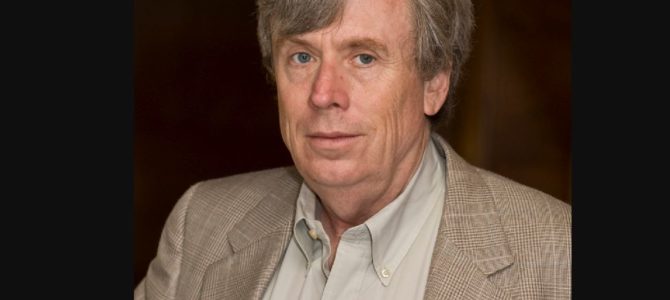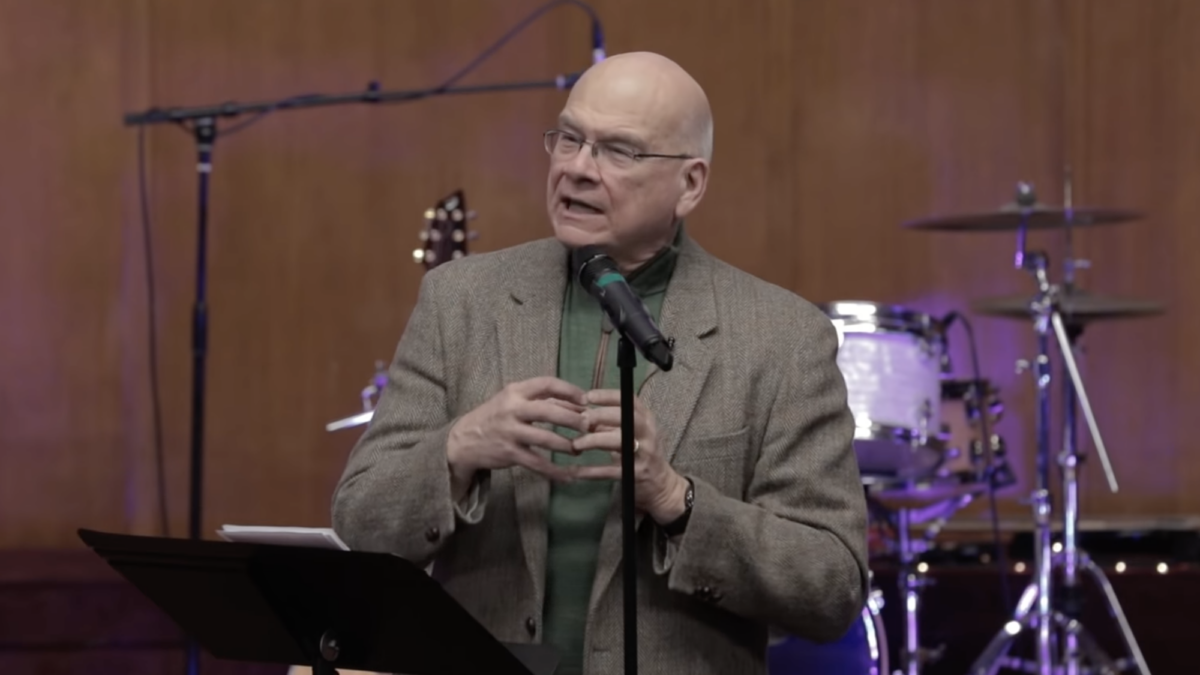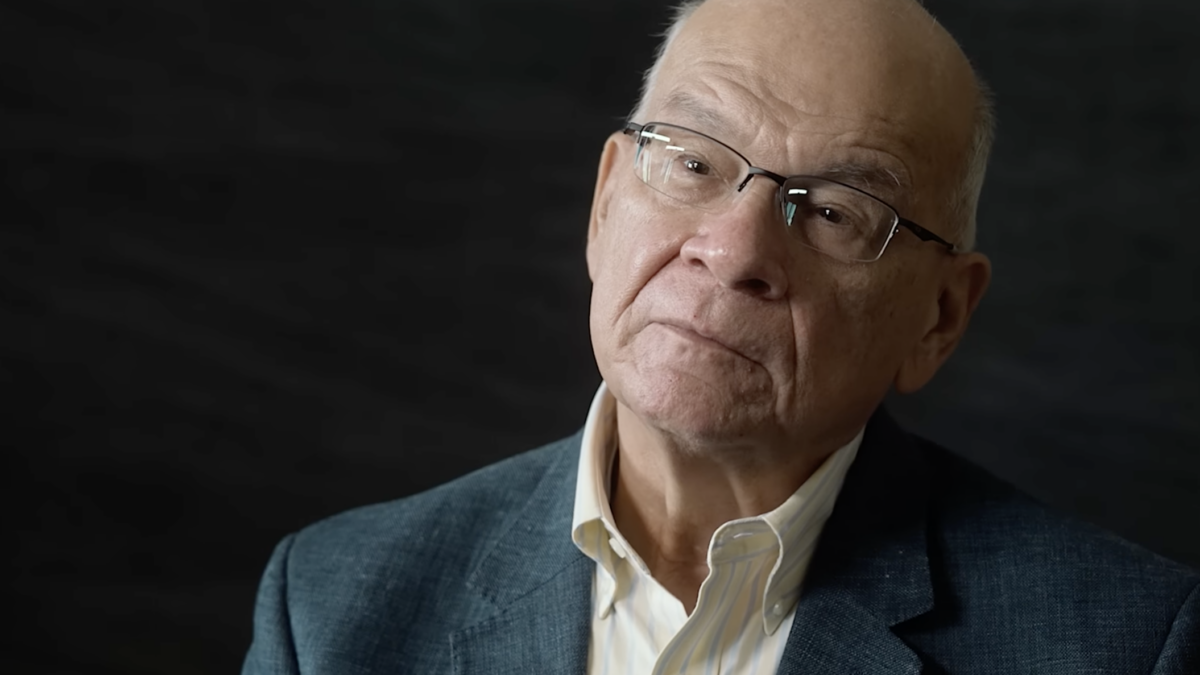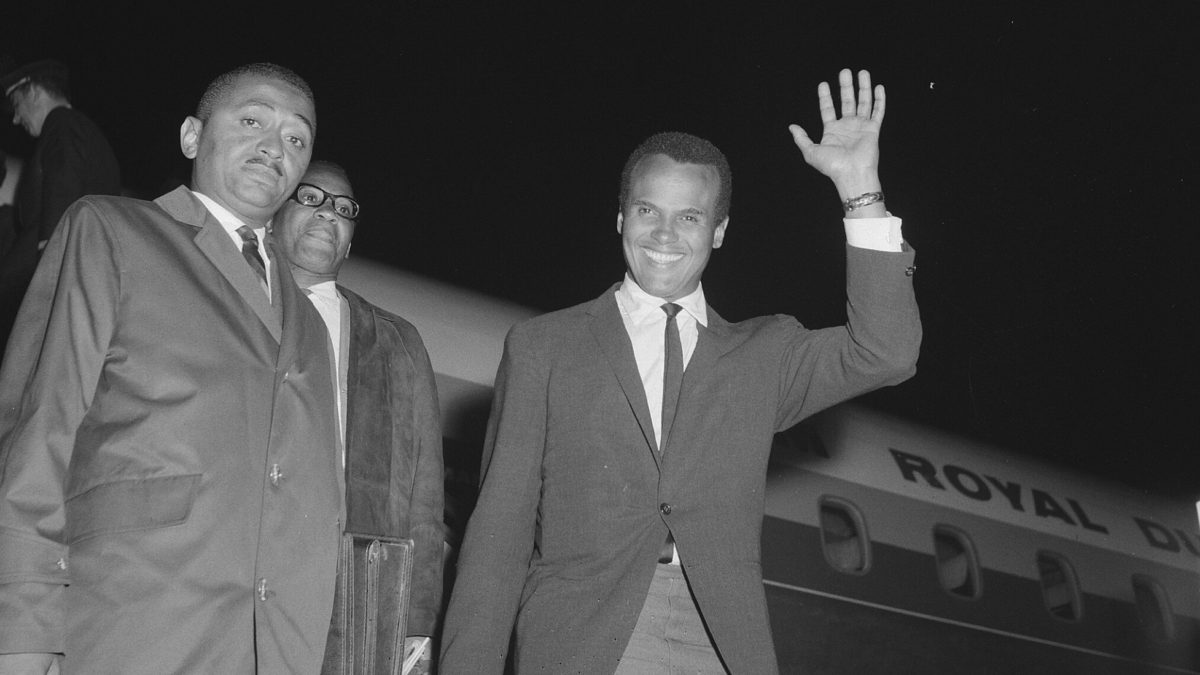
I think Peter Lawler’s gone because he needed the rest. Teaching, editing, blogging, writing books and articles, lecturing, mentoring—I don’t know how he did it all. That sounds like a cliché. No, it is a cliché. But really, it’s a genuine mystery.
He read every new book that came out, watched every television show that needed watching (and many that surely didn’t), kept abreast of every new political development, and last but not least, spent hours at Panera and Waffle House chatting with his fellow citizens. Of course, he combined all this ceaseless activity with an incredible generosity of spirit and devotion to others—including many younger scholars trying to find their way.
How Peter Lawler Became My Mentor
In 2001, my wife Natalie was teaching at Oglethorpe. I was supposedly writing my dissertation. Peter, I now suspect, knew that I was struggling and needed some direction and diversion. He invited me to give a lecture at Berry College on something related to democracy. I spoke on Tocqueville and Lincoln on democracy.
During the Q&A period, someone asked why Tocqueville doesn’t discuss the Declaration of Independence in “Democracy in America.” I replied that Professor Lawler knew the answer much better than I did. But Peter demurred, and said he wanted to hear what I thought.
Later that year, during the annual Berry/Oglethorpe conference, he invited me to be a respondent to a lecture by Jim Ceaser. I was flabbergasted. My response was something like, “You sure you want to do that?” I was like a kid who just got his driver’s license, and Peter was handing me the keys to a Ferrari.
A couple years later, Natalie got a job at Skidmore College in Saratoga Springs. Peter had recently been appointed to the President’s Bioethics Council, and we invited him to give a talk. Natalie’s teaching profile wasn’t exactly what she’d hoped, and she was feeling overwhelmed. During breakfast the morning after his talk, we were looking for commiseration from Peter. But after our tale of woe, he looked up from his omelet and said, “So what you’re telling me is that you’ve got a three/two teaching load in a resort town?” Point taken.
Getting started in the profession can be a lonely trial that tests your inner resources. Sometimes you need a boost. Sometimes a good talking-to will do the trick. Those moments were crucial for us.
Peter Lawler’s Humble Genius
For someone so accomplished and sought after, Peter was utterly without pretense. A couple years ago, I served as the chair and discussant for a panel Peter had organized for the APSA. Papers started circulating amongst the panel members. Peter sent his along with the following comment: “So I just read this quickly for the first time in a long while. I was overwhelmed with disgust for my own words, started to make changes, and realized it was just getting worse. So I restored it to the original, even with a vague memory that there are some typos etc. I promise to revise in view of the tough criticism I deserve.”
This was a panel meant to launch the soon-to-be-crowded field (so Peter hoped) of “True Grit Studies.” Peter had the determination and grit of Mattie Ross herself in pursuing “studies.” There were FNL (Friday Night Lights) Studies, Whit Stillman Studies, and dissident studies, broadly defined, among many others. He just didn’t like the sort of studies implicit in sentences that began, “Studies show…” He hated any kind of reductionism and sought to see people and other phenomena in all their amplitude.
This is why, I suspect, he took popular culture so seriously. It wasn’t a matter of looking at the low to take a break from the demands of the high. Nor was it that the pervasiveness of popular culture’s reach made it worthy of reflection. Rather, the high was often embedded in the low—if only we’d pay closer attention.
Peter’s mentorship of me never really stopped. In more recent years, he enlisted me in his Postmodern Conservative blog. It took some prodding. Academics can be notoriously persnickety about what they put down on paper. Peter thought that could be a real handicap—and in my case, he was right. After agreeing to participate but failing to deliver promptly, I got an email that read: “Flagg, let’s blog!”
I routinely asked for and received Peter’s input on my syllabi. Recently, I even taught one of his essays from The American Interest in my course Capitalism and Its Critics. After this particular class, I emailed him and noted that my students were offended by his suggestion that the poor could be lazy and avid consumers of porn. Within a minute he wrote back: “Tell them that I also assume that they’re lazy and avid consumers of porn.”
How We’ve Defined Freedom Down
Peter worried that libertarians and progressives were joining forces to define freedom down. We were becoming free consumers with a panoply of choices, free from burdensome duties. Such autonomous beings would soon lose both the desire and capacity for self-restraint. Marx’s dream of the genuinely un-alienated human being, perfectly at home in the world, seemed much more possible in late-modern capitalist regimes than communist regimes (with a little help from psychotherapy and prescription drugs). The end of history today could bring “energetic and contented conformists.” This is why Peter took such an interest in Václav Havel and Aleksandr Solzhenistyn and made the case for their continuing relevance. I was honored to join him in making this case and was proud that he seemed so pleased with my reader, “The Great Lie” (which is a much better book thanks to his suggestions).
Peter was fond of Solzhenitsyn’s quip that if we were born to be happy, we could not be born to die. Peter knew that living well meant living with the knowledge that our true home may well be somewhere else. As Yuval Levin put it in his remembrance, Peter thought that “actual human beings can never really be quite happy while playing the role that modern free societies assign them. That means they will be restless, and eager for a different role. That restlessness is a source of endless anxiety, but also of hope—because it sends us searching for a way of life better suited to who we really are.”
That better way, for Peter, always involved finding our way to “relational dignity.” He loved characters who demonstrated both great fragility and great resilience—and each of these characteristics might show up in these figures’ treatment of and devotion to other human beings. Such people might not be reliably productive; they might not keep their desires well-ordered. But they would always be aware of that disorder, and would never let that disorder prevent their devotion and service to others when it truly mattered. “Friday Night Lights” was particularly noteworthy precisely in its depiction of these human types which our culture tends to malign. Peter thought folks like Tim Riggins and Buddy Garrity deserved more respect.
The Relational Dignity Of Peter Lawler
Peter’s interests were broad and eclectic—our profession could use a lot more of that. He was by turns serious and playful, traditional and innovative. A singular mind and character if there ever was one. I’m sure he was a mesmerizing classroom teacher. I saw his office only once, and it was genuinely horrifying.
I write these lines in Prague, in a flat on Charles Square. Looking out my window, I can see the building which houses the flat of the Benda family, where Charter 77 meetings took place. In thinking about our mutual fondness for dissidents and dissident thought, I had wondered in the last few years how I might contrive to get Peter to Prague to meet Kamila Bendová, and others whom I have come to know and admire. It’s a painful realization that I won’t ever be able to enact any such scheme. But perhaps now he has the chance to speak with Vaclav Havel, Vaclav Benda, and Aleksandr Solzhenitsyn.
At first they will be puzzled by phrases like “Locke in the Locke-box,” “polis-fodder,” and “pomocom.” And they’ll have to lean in and get used to his soft voice and drawl. But as deeply relational beings themselves, they will have no trouble recognizing both the idea of relational dignity and its embodiment in their new friend Peter.









